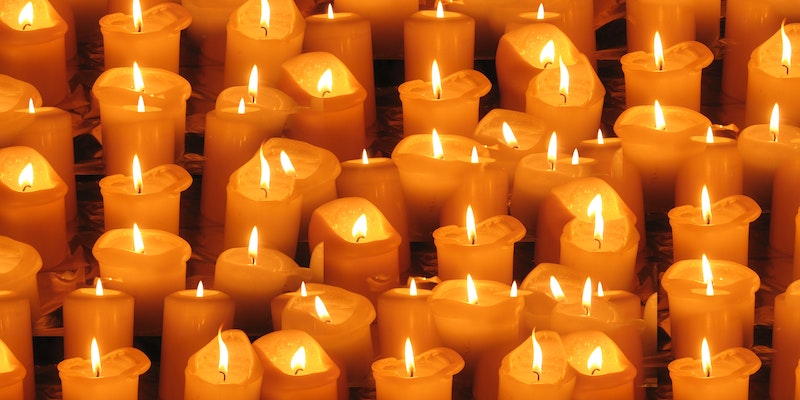- Contact Us Today
- (937) 278-4287
- lgfuneralhome@gmail.com
Honoring Life: The Evolution of Funeral Homes

Transforming Grief: The Modern Funeral Home’s Role
June 5, 2023
Embracing Farewells: Innovations in Funeral Homes
June 19, 2023Funeral homes have served as essential pillars of society for centuries, creating sanctuaries where grief, mourning, and respect for the departed could find expression. As times change, how we honor life has also evolved, with funeral homes in Dayton, Ohio, undergoing a significant transformation to meet the needs of modern society.
The earliest precursors date back to ancient times, with rituals surrounding death varying significantly across cultures. The concept is, as we understand it today began to emerge in the mid-19th century, mainly in the United States. The increasing urbanization of society needed centralized locations to handle end-of-life care. Thus, the undertaker’s role evolved to include embalming and hosting funeral services.
During the 20th century, it became a cultural fixture in towns and cities across America. Funerals were typically solemn affairs focused on the grief of loss. Funeral directors were community pillars known for their stoic professionalism and guiding bereaved families through this challenging time. They were designed to evoke solemnity and respect, with dark paneling, somber decor, and hushed tones.
As we moved into the 21st century, societal attitudes toward death and funerals shifted. Increasingly, people were looking for ways to celebrate life rather than mourn death, which triggered a profound transformation. These shifts have been reflected in the services offered, the physical design, and the role of funeral directors.
They are now expected to provide a broader range of services, from traditional burials and cremations to more personalized ceremonies that honor the deceased’s life. ‘Celebrations of life’ have become popular, focusing on remembering the departed’s joy, achievements, and individuality rather than mourning their loss. Green funerals have also gained traction, reflecting a growing societal and environmental concern.
The architecture and interior design have changed to facilitate these new approaches. Many now feature brighter interiors, flexible spaces for personalized services, and modern amenities such as multimedia equipment for playing tribute videos and music. Some have even added coffee shops, lounges, and children’s play areas to create a more comforting, community-centered environment.
The role of the funeral director has also expanded. They now work more as event planners and grief counselors, liaising with families to create meaningful, personalized tributes that honor their loved ones’ lives and help the bereaved navigate their grief journey.
 Despite these transformations, the heart of this remains constant: providing a space where life can be honored and loved ones can be remembered. As society continues to evolve, so will how we say our last goodbyes. One thing is certain: they will continue to adapt, ensuring that every life can be celebrated in a manner that is as unique as the individual it honors. In this way, they reflect our enduring human capacity for respect, remembrance, and reverence for life. Are you looking for more information? Contact our dedicated team and get the answers you need at Glickler Funeral Home & Cremation Service; we’re here to help with funeral homes in Dayton, Ohio.
Despite these transformations, the heart of this remains constant: providing a space where life can be honored and loved ones can be remembered. As society continues to evolve, so will how we say our last goodbyes. One thing is certain: they will continue to adapt, ensuring that every life can be celebrated in a manner that is as unique as the individual it honors. In this way, they reflect our enduring human capacity for respect, remembrance, and reverence for life. Are you looking for more information? Contact our dedicated team and get the answers you need at Glickler Funeral Home & Cremation Service; we’re here to help with funeral homes in Dayton, Ohio.




